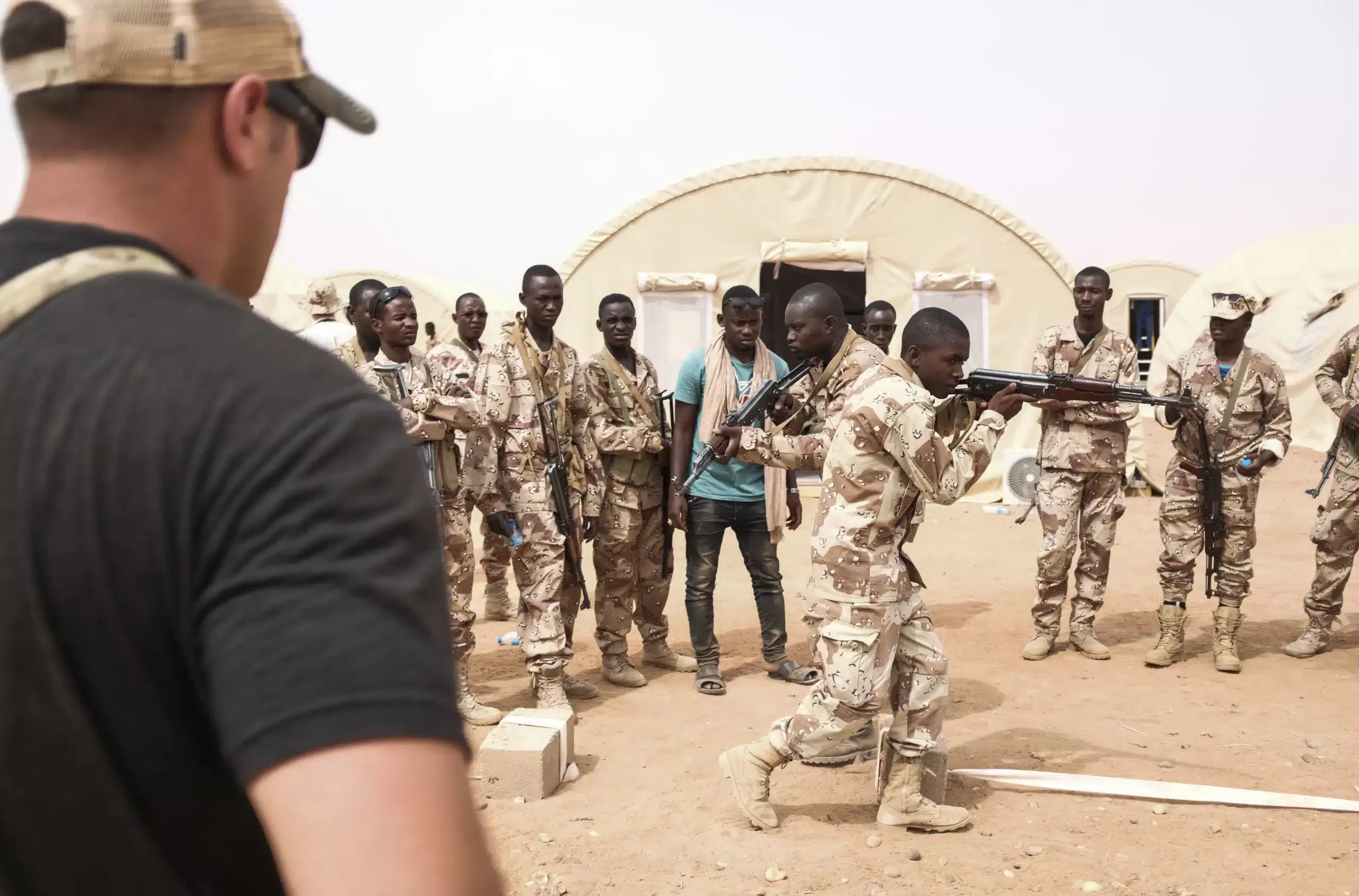Africa’s Ongoing Battle Against Terrorism

Africa is facing a severe crisis as terrorism continues to escalate across the continent. The United Nations Security Council recently convened to discuss this pressing issue, highlighting the alarming statistics that reveal Sub-Saharan Africa accounts for 59 percent of all terrorism-related deaths globally. The day-long open debate focused on the need for comprehensive counter-terrorism initiatives that intertwine security, development, and human rights. As leaders and experts shared their insights, it became clear that the situation demands urgent and coordinated action.
The Alarming Rise of Terrorism in Africa
The Deputy Secretary-General of the United Nations, Amina J. Mohammed, painted a grim picture of the current state of terrorism in Africa. She described the Sahel region as “ground zero” for one of the world’s most brutal crises. Over the past three years, terrorism-related deaths have soared past 6,000 annually, accounting for more than half of all global fatalities. Burkina Faso has emerged as the epicenter of this violence, experiencing a staggering 68 percent increase in terrorism deaths. Despite this alarming trend, the country receives little support to help reverse it.
Mohammed emphasized the complexity of the threat, noting that groups like Al-Qaida and Da’esh have expanded their reach into West Africa’s coastal nations. Violent attacks in these areas have surged by 250 percent in just two years. Other terrorist organizations, such as Al-Shabaab in Somalia and the Allied Democratic Forces in the Democratic Republic of the Congo, continue to wreak havoc. These groups not only terrorize communities but also engage in horrific acts of sexual and gender-based violence, often targeting children for forced recruitment.
Mohammed warned that the future of West Africa hangs in the balance. The marginalization of youth and high unemployment rates have left an entire generation vulnerable to extremist ideologies. She stressed the urgency of action, stating, “If we don’t act, we risk losing this generation to the horrors of terrorism.” The need for innovative approaches to counter-terrorism is critical, as is the call for regional cooperation to create effective strategies against this growing menace.
African Solutions to African Problems
Bankole Adeoye, the African Union Commissioner for Political Affairs, Peace and Security, echoed the urgency of addressing the terrorism crisis in Africa. He reported that in 2024 alone, the African Union Counter-Terrorism Centre recorded over 3,400 attacks, resulting in more than 13,900 fatalities. Adeoye described the situation as a “damning challenge,” emphasizing that Africa has reached a tipping point that requires collective action.
He highlighted the importance of African-led initiatives, stating that leaders on the continent are committed to finding solutions that work for all. Adeoye cited the Multinational Joint Task Force in Chad and the African Union Support and Stabilization Mission in Somalia (AUSSOM) as successful models for peacebuilding and socioeconomic development in post-conflict areas. These initiatives are not just beneficial; they are essential for Africa’s future.
Furthermore, Adeoye outlined the African Union’s commitment to “development-focused counter-terrorism.” He urged for the swift activation of resolution 2719 (2023), which would significantly enhance the African Union’s counter-terrorism efforts. The emphasis on regional cooperation and homegrown solutions is crucial for effectively combating the growing threat of terrorism across the continent.
The Role of Civil Society in Counter-Terrorism
Said Djinnit, Senior Adviser at the African Centre for the Constructive Resolution of Conflicts, also addressed the Security Council, emphasizing the critical role of civil society in combating terrorism. He noted that Africa’s security has been severely compromised by ongoing conflicts, leading to significant human rights violations. Over the years, the scale of terrorism has grown, with civilian populations—especially women and youth—bearing the brunt of the violence.
Djinnit stressed the importance of a strong state presence to empower local authorities in preventing extremism. Local leaders are uniquely positioned to address community grievances and foster resilience against terrorist ideologies. He pointed out that counter-terrorism efforts are more effective when civilians feel protected and can actively resist terrorism.
Despite facing limited resources and restricted access, civil society organizations have played a vital role in community rehabilitation and ensuring that all sectors contribute to counter-terrorism efforts. The African Union has developed strategies to support these initiatives, but challenges such as insufficient funding and political instability continue to hinder progress. Strengthening the role of civil society is essential for creating a united front against terrorism in Africa.
Observer Voice is the one stop site for National, International news, Sports, Editor’s Choice, Art/culture contents, Quotes and much more. We also cover historical contents. Historical contents includes World History, Indian History, and what happened today. The website also covers Entertainment across the India and World.

